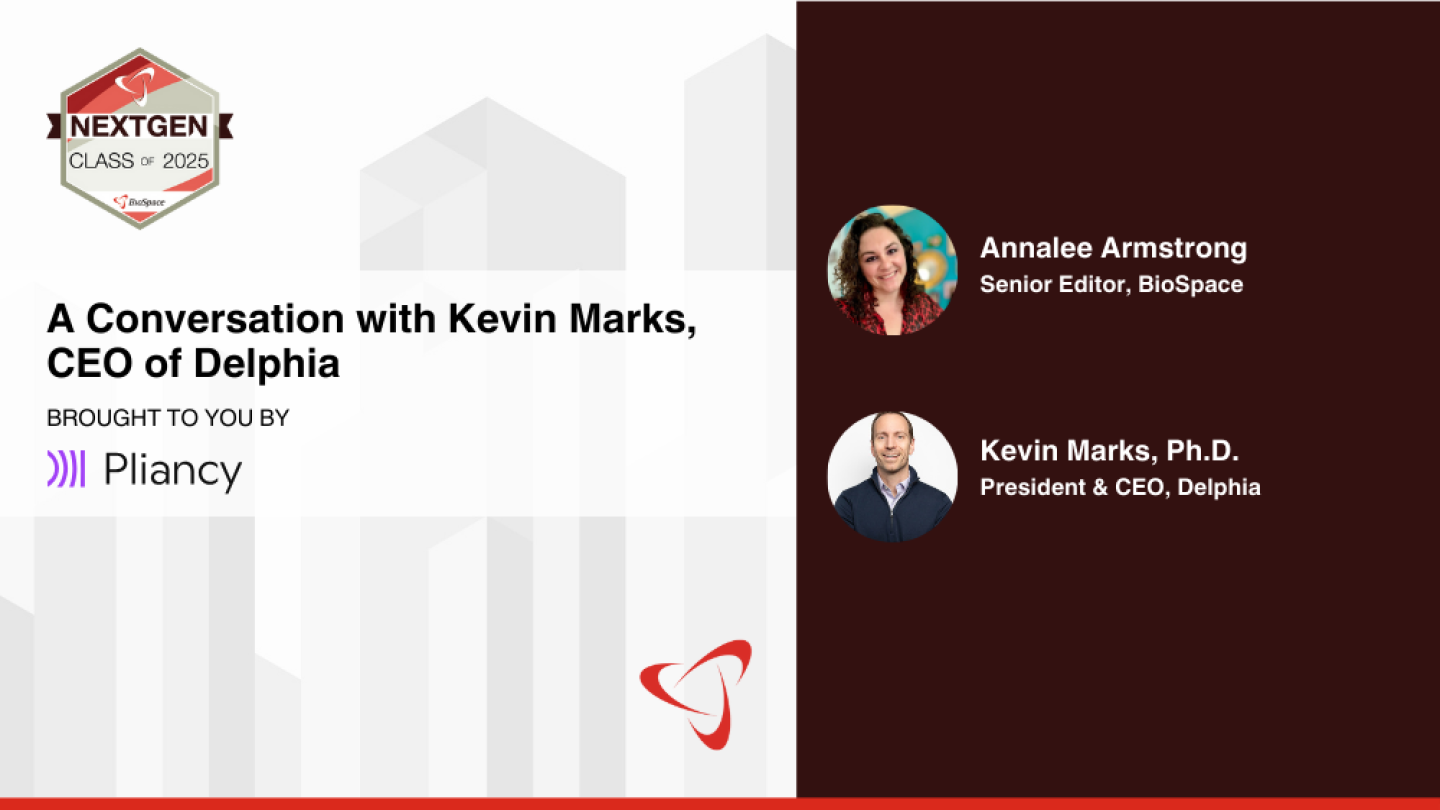Latest News
& Press Releases
Browse the latest news from BioSpace, and press releases from around the industry. Want to filter by date, keyword, and more? Search here.
TOP STORIES
Biohaven in recent months has reported a clinical stumble in spinal muscular atrophy, alongside a Phase I readout for its protein degrader candidate that investors found underwhelming.
In the second podcast in a special series focused on BioSpace’s NextGen Class of 2025, Senior Editor Annalee Armstrong speaks with Kevin Marks, CEO of Delphia Therapeutics.
Delphia launched in May 2024 with the goal of forcing malignant cells to overactivate and die.
After failing to hit the primary endpoint in a Phase III trial, Neumora is remixing study parameters in two replicate trials, with data expected in the first half of 2026.
Protagonist Therapeutics notches a milestone in its pact with Takeda for rusfertide. New data show that many patients with a chronic blood cancer taking the drug didn’t need to have their blood removed to bring down dangerously high hemocrit levels.
Despite not differentiating itself from placebo, the Texas-based company said it plans to push pilavapadin into Phase III trials before long.
AbbVie is joining the amylin arena, though the pharma is still far behind leaders Novo Nordisk and Eli Lilly.
Leqembi’s application now moves forward to the European Commission, which will issue a formal verdict for the injection that will apply to all EU member states as well as Norway, Liechtenstein and Iceland.
Roche’s asthma drug Xolair appears to be safer and more effective than oral immunotherapy at treating adults and children with one or more food allergies.
The partners are building toward a regulatory submission for Tezspire in chronic rhinosinusitis with nasal polyps in the first half of 2025.
In the current legal and political landscape, it is all about survival for DEI initiatives.
Two recent documents—one from the FDA, the other from a commission organized by The Lancet Diabetes & Endocrinology—indicate an evolving mindset toward treating obesity as a chronic disease.












